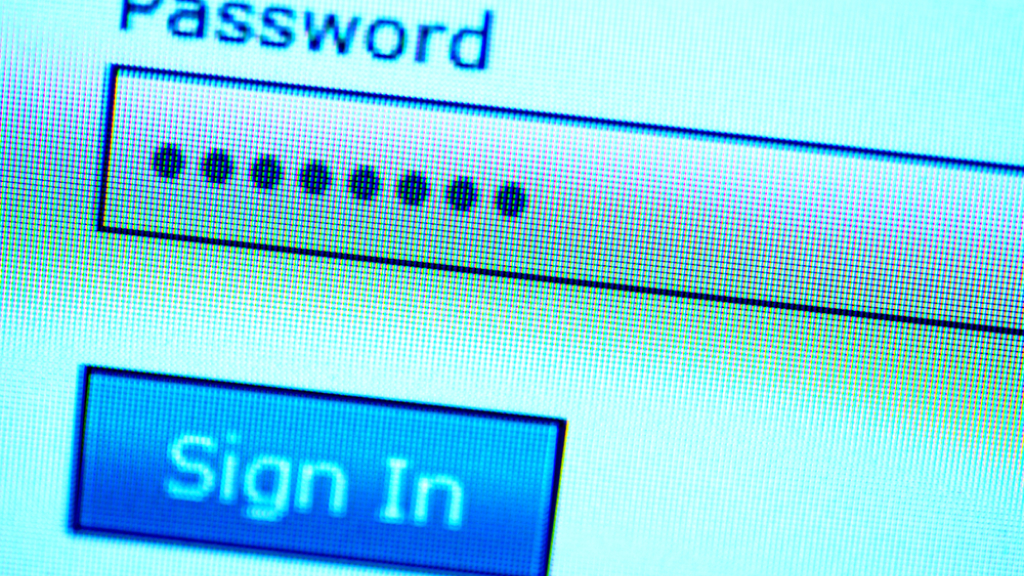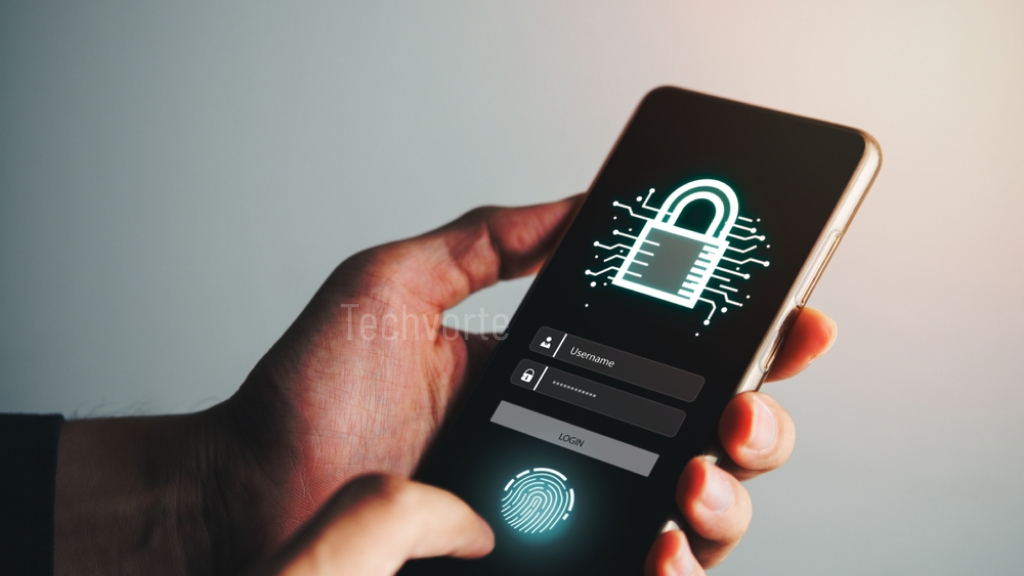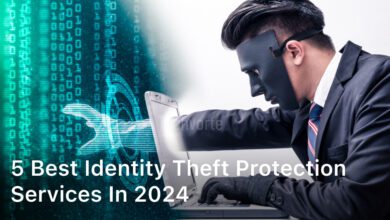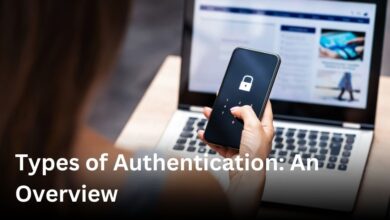In today’s digital age, ensuring the security of our digital online accounts has become more critical than ever.
Central to this is the concept of authentication, which involves verifying the identity of users before granting them access to sensitive information.
Two common methods of authentication are passphrases and passwords.
Defining Passphrase and Password
A passphrase is a sequence of words or other text used to control access to a computer system, program or data. It typically consists of multiple words, making it longer and potentially more secure than a traditional password.
On the other hand, a password is a secret word or phrase that must be used to gain admission to a place or access information.
It is usually shorter and simpler than a passphrase, often consisting of a combination of letters, numbers and special characters.
Key Differences Between Passphrase and Password

Length and Complexity
Passphrases are generally longer and more complex than passwords, often comprising multiple words, making them harder to crack.
Passwords tend to be shorter and simpler, which can make them more vulnerable to brute-force attacks.
Ease of Remembering
Passphrases are designed to be easier to remember than complex passwords since they can consist of familiar words or phrases.
Passwords may be more challenging to remember, especially if they include random characters or symbols.
Security Level
Passphrases offer a higher level of security due to their length and complexity, making them more resistant to hacking attempts.
Passwords, particularly weak ones, are more susceptible to being compromised by hackers, especially with the advent of powerful computing technology.
The Advantages
Passphrase
One of the primary advantages of passphrases is their enhanced security.
Due to their length and complexity, passphrases are more resistant to brute-force and dictionary attacks, making them a preferred option for securing sensitive accounts.
Moreover, passphrases are often easier to remember than passwords, especially when they consist of familiar words or phrases.
This can reduce the likelihood of users resorting to insecure practices, such as writing down passwords or using the same password for multiple accounts.
Password
Despite the rise of passphrases, passwords still offer several advantages, particularly in terms of familiarity and convenience.
Many users are accustomed to using passwords and may find them easier to manage than longer passphrases.
Additionally, passwords are supported by a wide range of systems and applications, making them a versatile authentication method for various scenarios.
While passwords may not offer the same level of security as passphrases, they remain a viable option for less sensitive accounts or situations where convenience is paramount.
Usage Scenarios
Passphrases and passwords are used in a variety of contexts, from personal accounts to corporate networks.
Passphrases are often recommended for securing sensitive accounts, such as online banking or email, where the risk of unauthorized access is high.
In contrast, passwords may be sufficient for less critical accounts, such as social media or online shopping, where the consequences of a security breach are less severe.
However, organizations should still enforce strong password policies to mitigate the risk of unauthorized access.
Best Practices for Creating Passphrase and Password
Regardless of whether you choose a passphrase or a password, there are several best practices to follow when creating and managing authentication credentials:
- Avoid using easily guessable words or phrases, such as common dictionary words or personal information.
- Mix uppercase and lowercase letters, numbers, and special characters to increase complexity.
- Use unique passphrases or passwords for each account to prevent unauthorized access in case one account is compromised.
- Consider using a password manager to generate and store secure authentication credentials securely.
Comparative Analysis
In summary, both passphrases and passwords play a crucial role in authentication, each offering its unique advantages and considerations.
While passphrases provide enhanced security and ease of memorability, passwords offer familiarity and convenience.
Ultimately, the choice between the two depends on the specific security requirements and user preferences.
Which One Should You Use?
The choice between a passphrase and a password depends on your specific security needs and preferences.
However, in general, passphrases are recommended for enhanced security, especially for sensitive accounts or information.
Conclusion
In the ongoing battle for digital security, the choice between passphrases and passwords is clear stronger shields are needed to withstand the ever-present threat of cyber attacks.
While passwords have long been the standard, passphrases offer a compelling alternative, providing increased security, usability and adaptability.
By embracing passphrases as a key component of their security strategy, individuals and organizations alike can better protect themselves against the evolving landscape of cyber threats.
FAQs
What is the difference between a passphrase and a password?
A passphrase is a sequence of words or a sentence used for authentication, while a password is typically a shorter string of characters.
Are passphrases more secure than passwords?
Generally, yes. Passphrases tend to be longer and more complex than passwords, making them harder to crack through brute force attacks.
How can I create a strong passphrase?
To create a strong passphrase, use a mix of words, numbers, and symbols, and avoid common phrases or easily guessable combinations.
Can I use the same passphrase for multiple accounts?
While using the same passphrase for multiple accounts may seem convenient, it increases the risk of a security breach. It’s best to use unique passphrases for each account.
Is multi-factor authentication necessary when using passphrases?
While not strictly necessary, implementing multi-factor authentication provides an additional layer of security and is recommended, especially for sensitive accounts.





